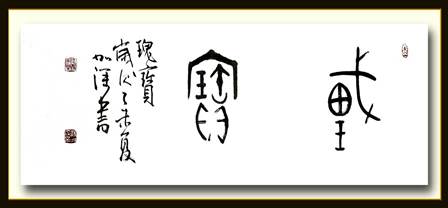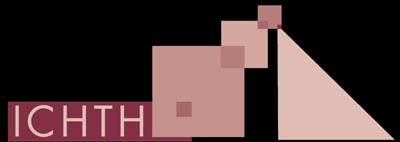XXII International Congress of Historical Sciences
23-29 August, 2015, Jinan, China
Round Table 14
Thursday, 27 August / 9 am - 12 pm
Conference Room on the 5th Floor, Nanjiao Hotel
Biographical Notes
Ewa Domanska – born in Poland; Associate Professor of theory and history of historiography in the Department of History, Adam Mickiewicz University at Poznan, Poland and since 2002 Visiting Associate Professor at the Department of Anthropology, Stanford University. Her teaching and research interests include comparative theory of the human and social sciences, history and theory of historiography, posthumanities and ecological humanities. She is the author and editor of many books including: Encounters: Philosophy of History After Postmodernism (in Chinese: 邂逅:后现代主义之后的历史哲学 ; in Russian: Философия история после постмодернизма); Re-Figuring Hayden White (ed. with Frank Ankersmit and Hans Kellner, 2009); Existential History (in Polish, 2012); Історія та сучасна гуманітаристика (in Ukrainian, 2012).
Andrea Giunta is Marguerite Fairchild Centennial Visiting Professor of Latin American Art at the University of Texas at Austin, former Chair in Latin American Art History and Criticism and founder Director of the Center for Latin American Visual Studies, Department of Art and Art History, University of Texas at Austin. She is Professor of Latin American Art at Buenos Aires University and researcher of the CONICET (Consejo Nacional de Investigaciones Científicas y Técnicas) in Argentina. She received her PhD from the University of Buenos Aires. She is the recipient of several awards, including the Guggenheim Fellowship and is the author of several books, including Avant-Garde, Internationalism and Politics: Argentine art in the sixties (Duke University Press, 2007).
Yang Jiashen, Ph.D., professor and vice dean of the School of History and Culture, Shandong University, both a member of Chinese Calligraphers Association and a member of academic committee in Shandong Calligraphers Association. Mainly studies ancient Chinese history, ancient Chinese characters, calligraphy, etc.
Claudia Mandel Katz - born in Argentina and naturalized Costa Rican. Professor of the School of Philosophy, University of Costa Rica, since 2013. Researcher at the Research Center for Latin American Identities, University of Costa Rica, since 2015. Founder and Director of the Museum of Women in Costa Rica, 2009. www.museodelasmujeres.co.cr Founding Member of the International Association of Women's Museums, 2011. PhD in Society and Culture, 2011, Graduation of honor (SEP-UCR) from the University of Costa Rica. PhD student in American History at the University of Costa Rica since 2012. Magister Artium, 2006 Graduation of honor (SEP-UCR) from the University of Costa Rica. Bachelor of Arts, 2001, by the Faculty of Arts at the University of Buenos Aires, Argentina. National Professor of Drawing and Painting, 1985 Prilidiano Pueyrredón the National Academy of Fine Arts, Buenos Aires, Argentina.
Nandipha Mntambo was born in Swaziland in 1982, she graduated from the Michaelis School of Fine Art, University of Cape Town, with a MFA in 2007; she lives in Johannesburg. Her first solo exhibition, Ingabisa, was at Michael Stevenson in 2007, followed by The Encounter in 2009 and Umphatsi Wemphi at Brodie/Stevenson, also in 2009. She is the Standard Bank Young Artist for Visual Art 2011, with a solo exhibition titled Faena touring the country until September 2012. Her work has been featured in group exhibitions locally and internationally.
Þóra Pétursdóttir, born in 1978, is an Icelandic archaeologist. She holds a BA in history and geography from the University of Iceland (2003), an MA in Archaeology from The Arctic University of Norway, Tromsø (2007) and a PhD in Archaeology from the same university (2013). Her doctoral thesis, Concrete matters: towards an archaeology of things focused on archaeology of the recent past and archaeology’s contribution to thing-theoretical perspectives. Together with Bjørnar Olsen she is the editor of the volume Ruin memories: materiality, aesthetics and the archaeology of the recent past (Routledge, 2014 ).


